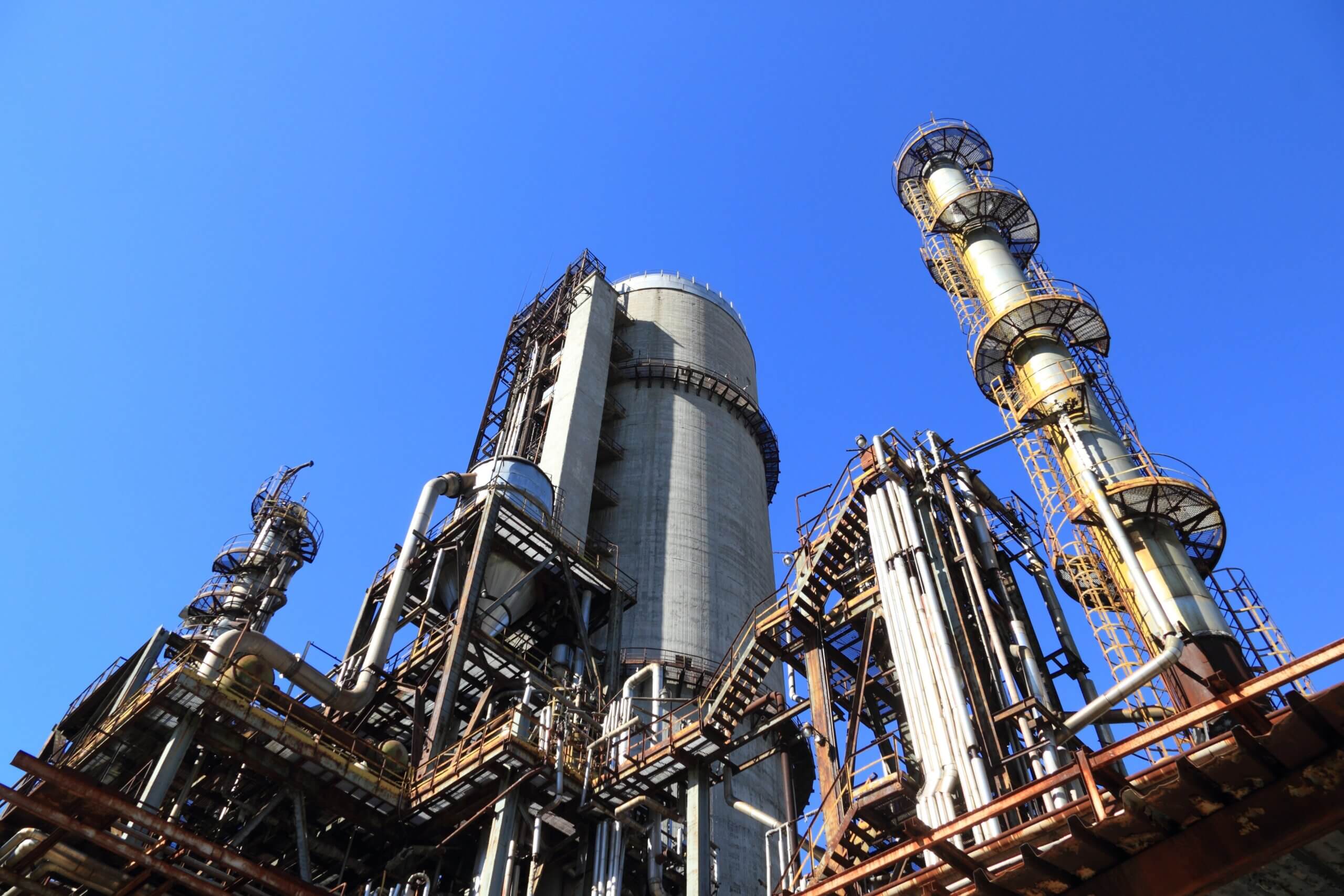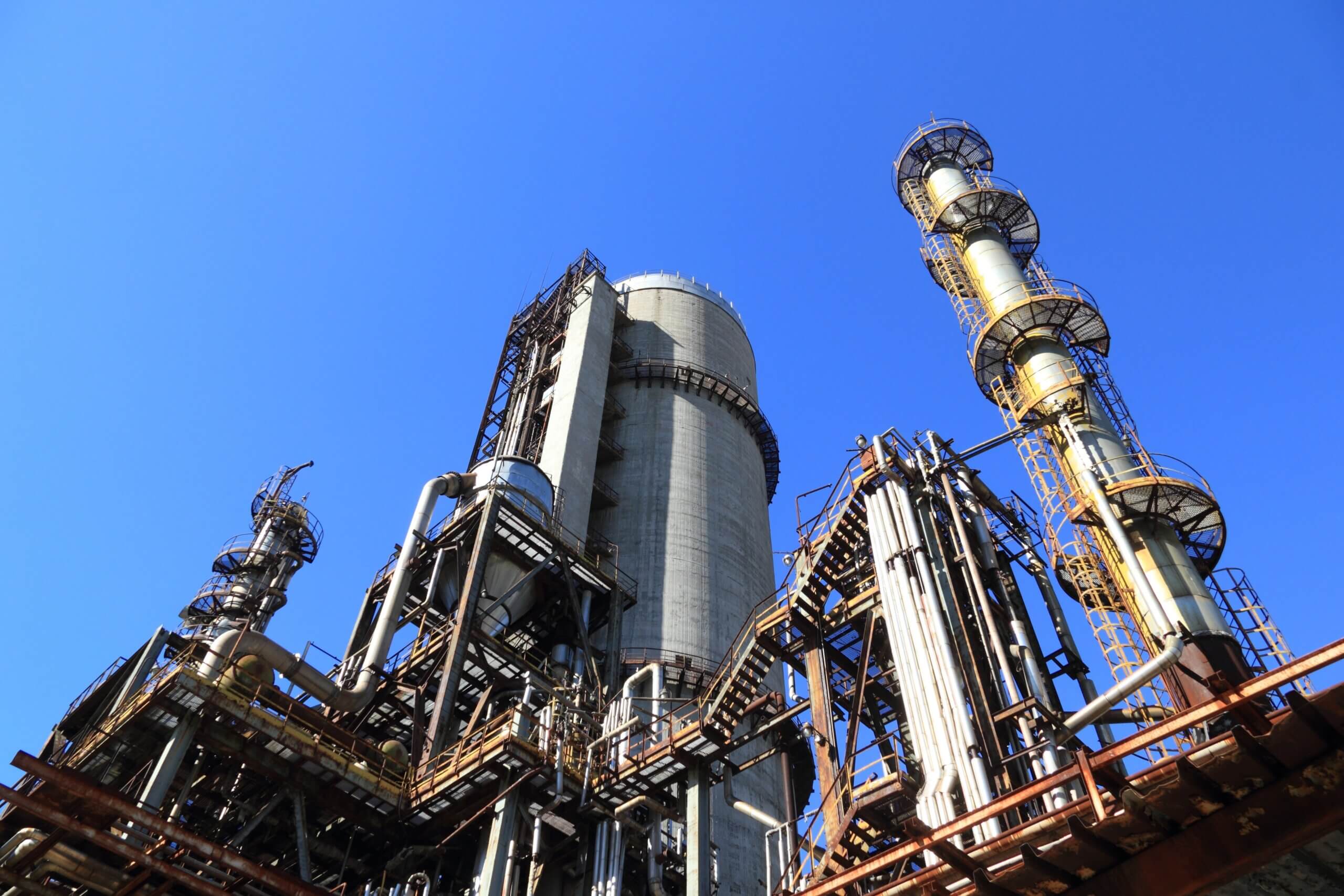“Deglobalization” has entered the narrative zeitgeist. But what’s happening on the ground? This weekly series seeks to answer that question with a round-up of deglobalization developments from the week that’s done.
1. This time, CCP officials are asking nicely: global consulting firm Bain said a top Shanghai apparatchik paid a friendly visit to its offices. It’s a marked change in tone from the tense March visit by police officers, who questioned staffers on the premises. Meanwhile, consulting company Capvision is trying to put on a brave face following a raid by Chinese authorities in May. In a post on Chinese social media, the firm said it recently hosted a conference attended by its clients on private investment.
2. Florida governor and US presidential hopeful Ron DeSantis said he is in favor of revoking China’s permanent normal trade relations if he wins the 2024 White House race. A poll we conducted last summer shows that a plurality of likely voters favour ending China’s PNTR status, with strong 2-1 support among Republicans.
3. Investors who bet on riding the wave of China’s reopening are having second thoughts as the engine of the world’s second-largest economy continues to sputter. Data from Refinitiv Lipper show that global investors have pulled money on a net basis from China equity funds for 10 straight weeks. Next week’s China Q2 GDP figures will add another data point for assessing the economy’s near-term prospects.
4. Foreign carmakers are being run off the road in China. Data from the China Passenger Car Association show that local brands captured 54% of the Chinese wholesale car market in the first six months of 2023, up from 48% a year earlier. The trend is clear: Chinese homegrown brands are outselling foreign ones. The foreign brands are now scrambling. Japan’s Mazda, whose China sales plunged 41% last year, said this week that it needs to overhaul its China strategy. Mitsubishi is also suffering from a steep drop in car sales, and has suspended production in China indefinitely.
5. Another sign of how much the tables have turned for foreign legacy car makers in China: Volkswagen’s Audi brand is reportedly in talks with China’s SAIC to buy an EV architecture platform from the state-owned motor group. Talks are ongoing and could still fall through. But even if a deal is reached, would Beijing approve a sale of the technology?
6. The British government intervened on eight transactions involving Chinese-linked investment in UK companies in the past year, out of 866 deals that were referred to authorities under the National Security and Investment Act introduced in 2021. China, which the deputy prime minister called the “largest state-based threat” to Britain’s economic security, was by far the country associated with the largest share of call-in notices issued for further assessment.
7. DHL is investing 500 million euros to expand its operations in Latin America as the logistics group seeks to capitalize on what it calls the “global trend of omni-sourcing”—or, in other words, manufacturers diverting their investment away from China and towards alternative markets. The investment will go towards developing warehouses and fulfilment centers in Brazil, Mexico, and other strategic markets in the region, as well as robotics and automation technologies.
8. The EU wants metals producers in the bloc to consider making gallium and germanium, after Beijing announced export curbs on the two critical metals that are key to making semiconductors. The economics aren’t in Europe’s favor, however—not least because of high energy prices that have forced industrial giants to scale back operations. Plus, there’s the risk that after companies invest heavily in producing the niche metals, China can respond by flooding the market and pricing out European competitors.
(Photo by Pexabay/Pexels)




